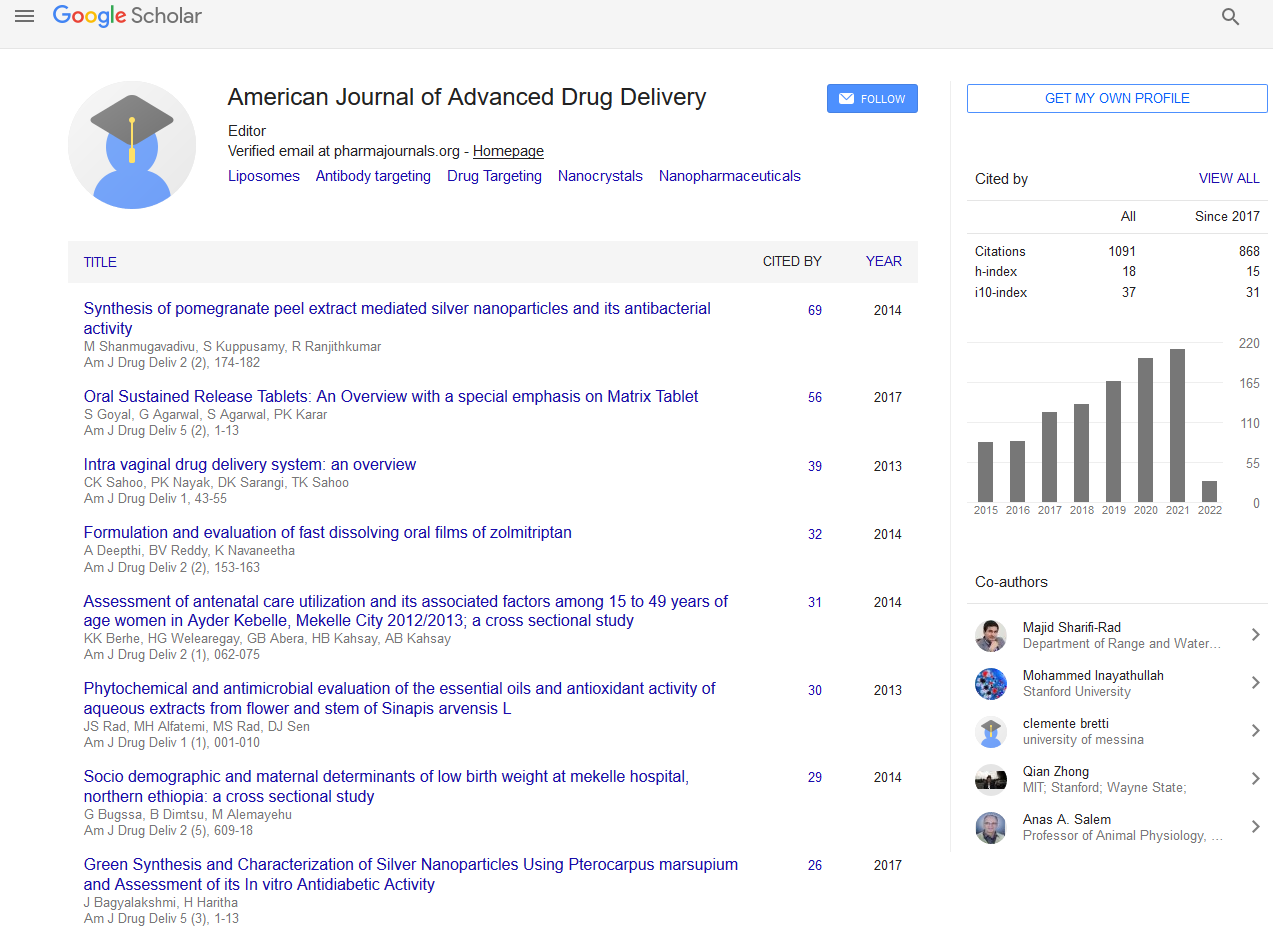Commentary
Myalgic encephalomyelitis/ chronic fatigue syndrome (ME/CFS) is a weakening issue portrayed by delayed times of exhaustion, persistent torment, despondency, and an intricate heavenly body of different side effects. Right now, ME/CFS has no known reason, nor are the systems of ailment surely knew. Consequently, with few special cases, endeavours to treat ME/CFS have been coordinated for the most part toward indication the board. These medicines incorporate antivirals, torment relievers, antidepressants, and oncologic specialists just as other single-mediation medicines. Aftereffects of these preliminaries have been generally uncertain and, sometimes, conflicting. Contributing variables incorporate an absence of all around planned and - executed investigations and the profoundly heterogeneous nature of ME/CFS, which has made a solitary etiology hard to characterize. Since most of single-mediation medicines have indicated little viability, it might rather be useful to investigate more extensive acting blend treatments in which a more engaged accuracy medication approach is upheld by a frameworks level examination of endocrine and invulnerable co-guideline.
The reason for CFS is obscure. Analysts conjecture that contributing variables may include:
• viruses
• a debilitated invulnerable framework
• stress
• hormonal uneven characters
It's additionally conceivable that a few people are hereditarily inclined to create CFS.
In spite of the fact that CFS can in some cases create after a viral contamination, no single sort of disease has been found to cause CFS. Some popular contaminations that have been concentrated according to CFS incorporate those brought about by:
• Epstein-Barr infection (EBV)
• human herpesvirus 6
• Ross River infection (RRV)
• rubella infection
Diseases brought about by microorganisms, including Coxiella burnetii and Mycoplasma pneumoniae, have additionally been concentrated comparable to CFS.
Intervention of drug in Chronic Fatigue Syndrome
Antidepressants at present endorsed for MDD act fundamentally by upgrading neurotransmission in serotonergic and noradrenergic frameworks, and less significantly dopaminergic frameworks. Such prescriptions incorporate TCAs, particular serotonin reuptake inhibitors (SSRIs), noradrenergic and explicit serotonin adversaries (NaSSas), dopamine-norepinephrine reuptake inhibitors (DNRIs), and serotonin-norepinephrine reuptake inhibitors (SNRIs). Stimulant drugs have indicated viability and decency in the treatment of unexplained actual indications, for example, weariness and myalgia, albeit right now there are no drugs (upper or something else) endorsed by administrative offices for the sign of CFS.
Drugs including pain relievers (both specific and nonspecific NSAIDs) are often used to treat the generalized body pains and aches associated with ME/ CFS.
A viral reason for ME/CFS has been for some time speculated, and there is proof that both enteroviruses and herpesviruses might be engaged with ME/CFS, in any event in some cases. These medicines by and large incorporate 2 distinct classes of antivirals, guanosine analogs, for example, acyclovir and valacyclovir, and the immunomodulator rintatolimod. Such medicines have met with differing levels of accomplishment in patients with ME/CFS.

